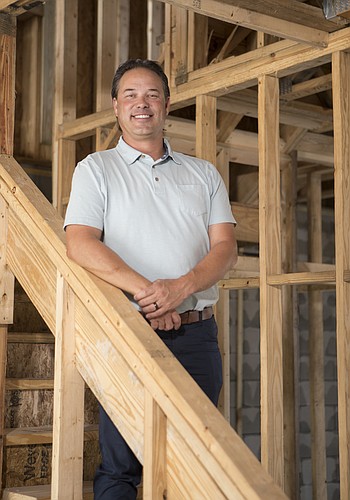- December 13, 2025
-
-
Loading

Loading

The idea is really not that unusual. You work for a huge corporation and deal with the bureaucracy every day. It’s not a bad gig, by any means, but you long for flexibility, to be nimble, to be somewhere where you have a more immediate impact.
You want that smaller company, where you feel like you can make a difference.